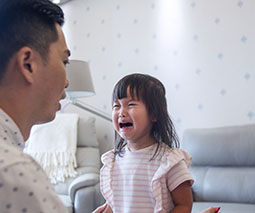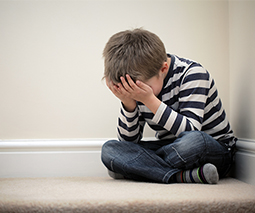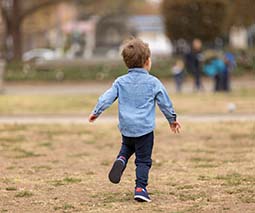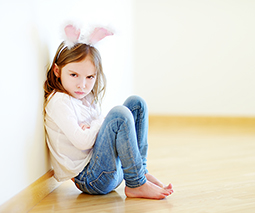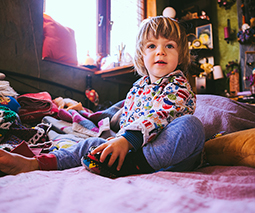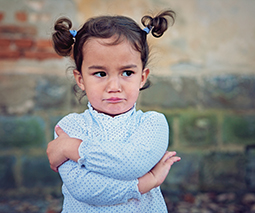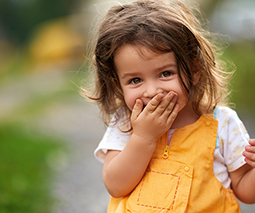“Spoilt!” How to repair the damage negative language does to your child
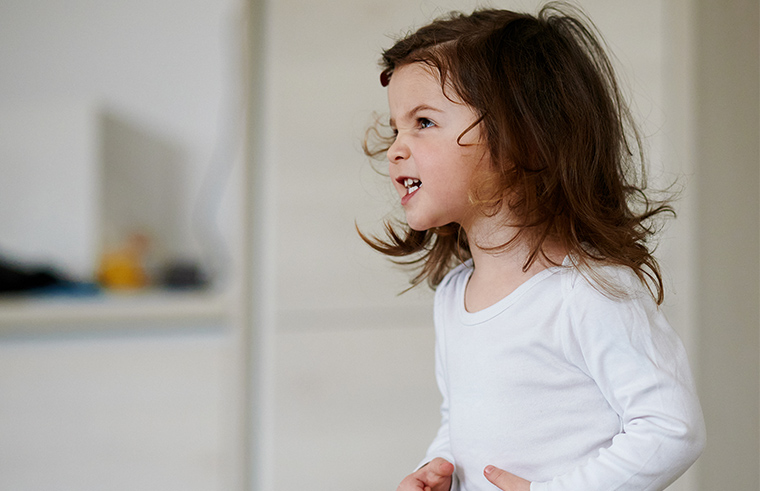
If you had to describe yourself as a child, how would you do it?
I would say I had an active imagination, loved to read, was a bit awkward and spoilt. Some of those things fell away as I grew up, others have stayed as an intrinsic part of my sense of self.
Unfortunately, ‘spoilt’ is one that stayed. Spoilt translates into feeling that I am greedy, selfish and lazy. In interactions (particularly with my extended family) I am hyper-aware of any situation where I might be seen as embodying this trait – be it a twinge at a birthday gathering, or when I’m asking for help with child minding.
One word can reverberate for a lifetime
When I was a small child my mum bought me a toy, that wasn’t the toy I wanted. I have a distinct memory of sitting in the back of the car, very disappointed. My grandmother was in the front seat next to my mum, and I’m fairly sure she said I was being ‘spoilt’.
I’m not sure if that sentiment was echoed by others, but the word stuck. It was a seed planted and its roots unfortunately reached through my psyche.
Now, in my 40s, it goes some way to explaining why I feel I’m never doing enough around the home, at work, and how I find it really difficult to relax.
How do we avoid using words with our kids that will hurt them?
Don’t use hurtful words. Simple right? Unfortunately it’s not.
I’m certain, back in the 1980s, my nan’s intention wasn’t to hurt or damage me in the future. It’s not like she said I was ugly, useless or a brat; she said I was spoilt, which was probably an apt description of my behaviour.
Some words feel less hurtful than others, these are what I call ‘casual’ negative words. Words that don’t have as much punch as others, ones that slip out when we’re angry. Saying a child is naughty, or behaving like a baby, or that they’re spoilt might not feel too bad.
But child development expert and parenting educator Karen Young from Hey Sigmund! says we need to describe a child’s behaviour, instead of labelling the child. That is, say they are behaving ungratefully. Not that they are spoilt or ungrateful. Because that’s not all they are.
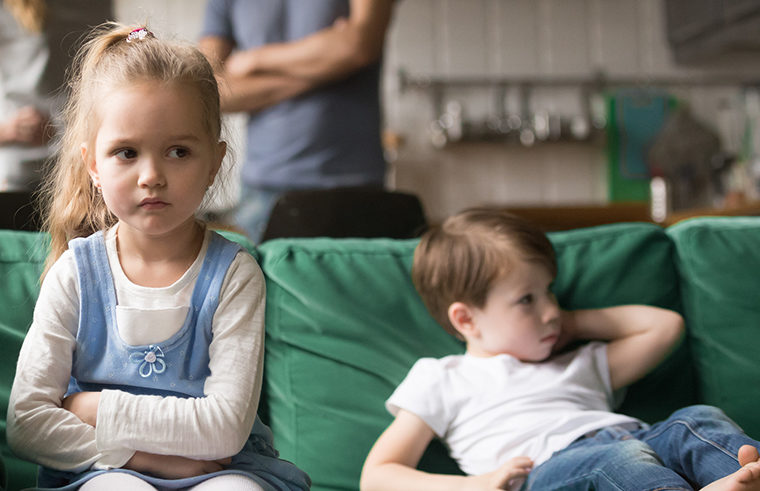
Parents should be the ‘word’ gatekeeper for kids
Karen says that we have enormous power when it comes to the words we use, and how our kids internalise them.
“The words we use become their self-talk. When we talk to them about who they are, we’re their first reference point for how the rest of the world sees them. They will live up to them or down to them, so it’s really important that as the important adults in their lives, we’re careful never to underestimate the power of the things we say to them.”
It’s also up to us if someone else uses hurtful language around them. Karen says that we are our kids number one fan club, and our children need to know that.
“Parents can definitely repair the damage done by others. Explain what might have driven the person to say it, even if it’s just that ‘some grown-ups forget how to be kind sometimes’. Let them know that you have their back, and that the comment should never have been said. It’s an opportunity for you to nurture their own self-talk for similar situations.
“As they grow, they are likely to come across people who are mean or emotionally stingy. The way you nurture them through these experiences when you can will help to give them what they need to set and protect their own boundaries when they come across similar experiences in the future.”
What happens if you slip up?
Kids know how to press our buttons; they throw their breakfast on the floor, and you tell them they’re being naughty. They cry because their brother looked at them, and you tell them not to be a baby. They break their beautiful new toy because they don’t like it, and you tell them that they’re spoilt.
We’re all human, so what do you do if you throw a casual negative word their way? Karen says we can always repair the damage, if we do it straight away.
Try to think of their actions as behaviour
“What’s important is giving enough positive messages to push against the negative ones. If something is said through exhaustion, frustration, or just because it’s been a long day and everyone’s cranky, it’s always okay to talk about that. It’s healthy for kids to see that we get it wrong sometimes too and that we might sometimes say the wrong thing.”
I’m not sure who I would be today if someone had explained to me that I was not ‘spoilt’. If someone had shown me how to behave, I definitely think I would be easier on myself.
Next time your kid makes you see red, try to think of their actions as a behaviour, not as a representation of who they are.
Because it’s not who they really are. And deep down we all know that.
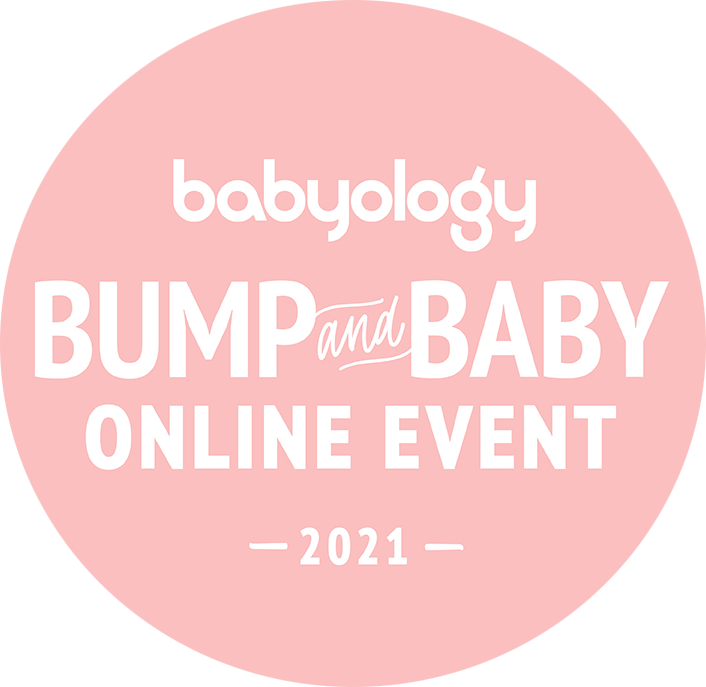 Join the Bump and Baby: The Fourth Trimester online event! With live expert sessions, FREE newborn routine guide & the chance to WIN a $500 Nursery gift voucher. Click here to find out more and make sure you don’t miss a thing!
Join the Bump and Baby: The Fourth Trimester online event! With live expert sessions, FREE newborn routine guide & the chance to WIN a $500 Nursery gift voucher. Click here to find out more and make sure you don’t miss a thing!
